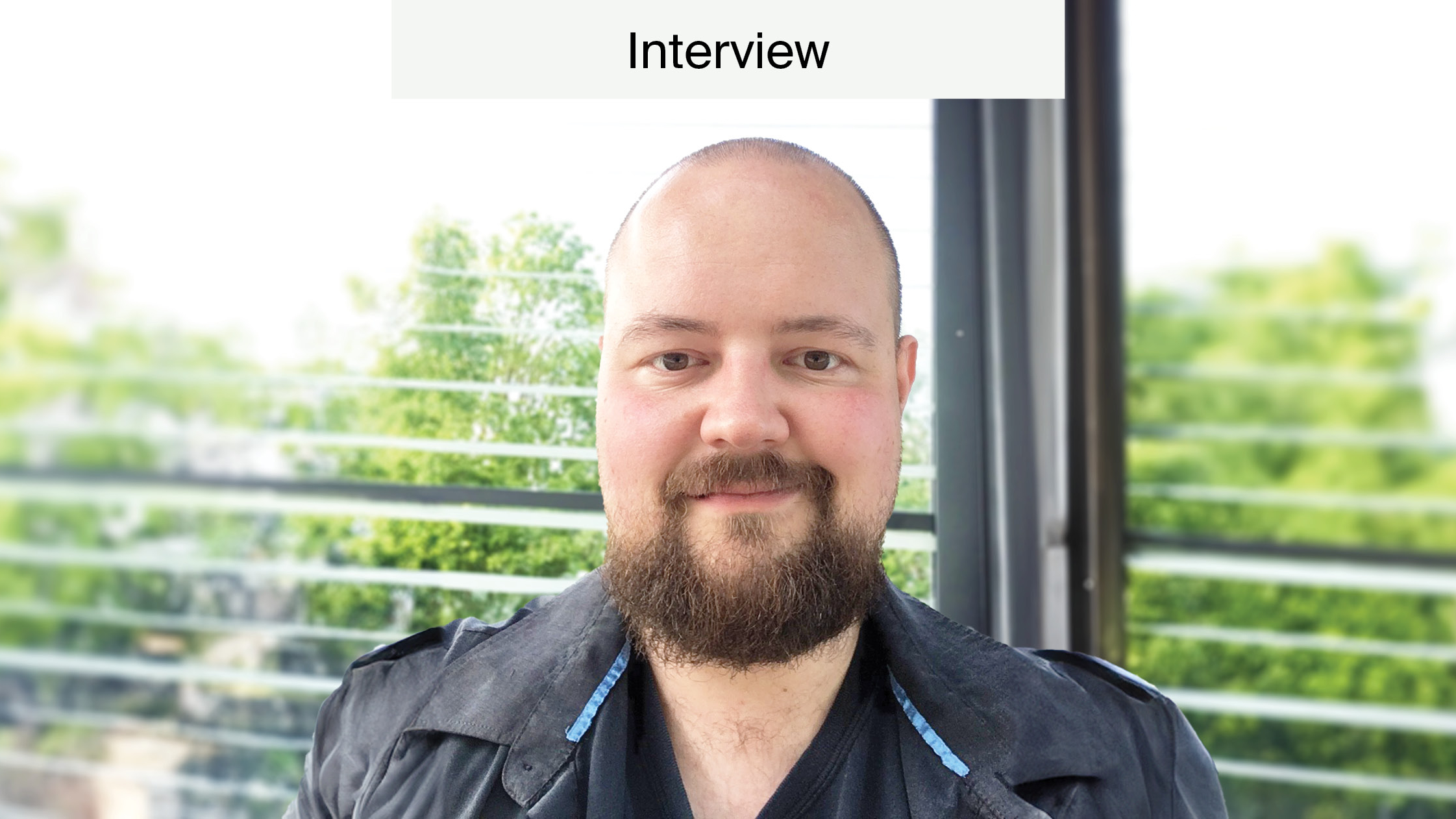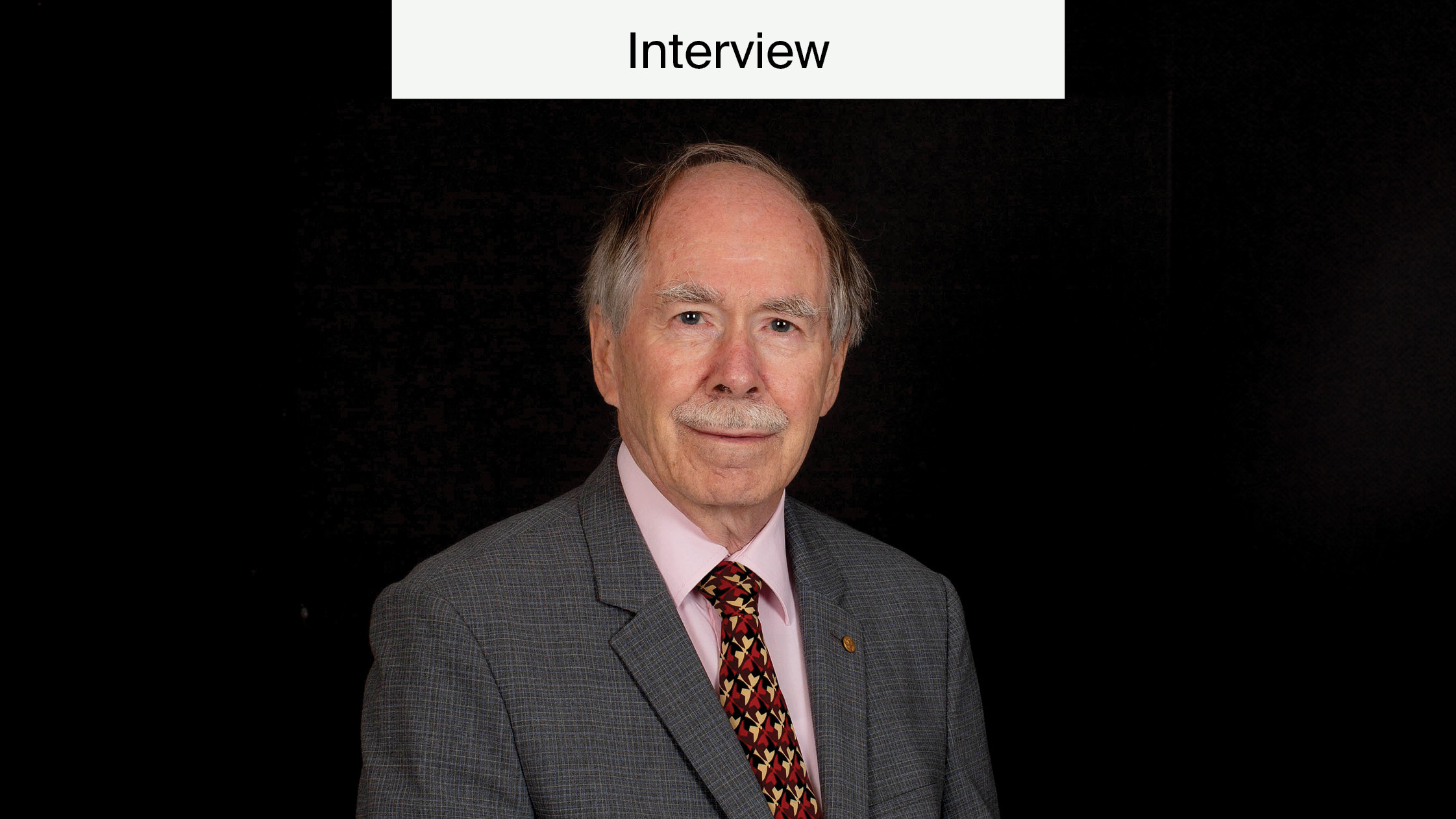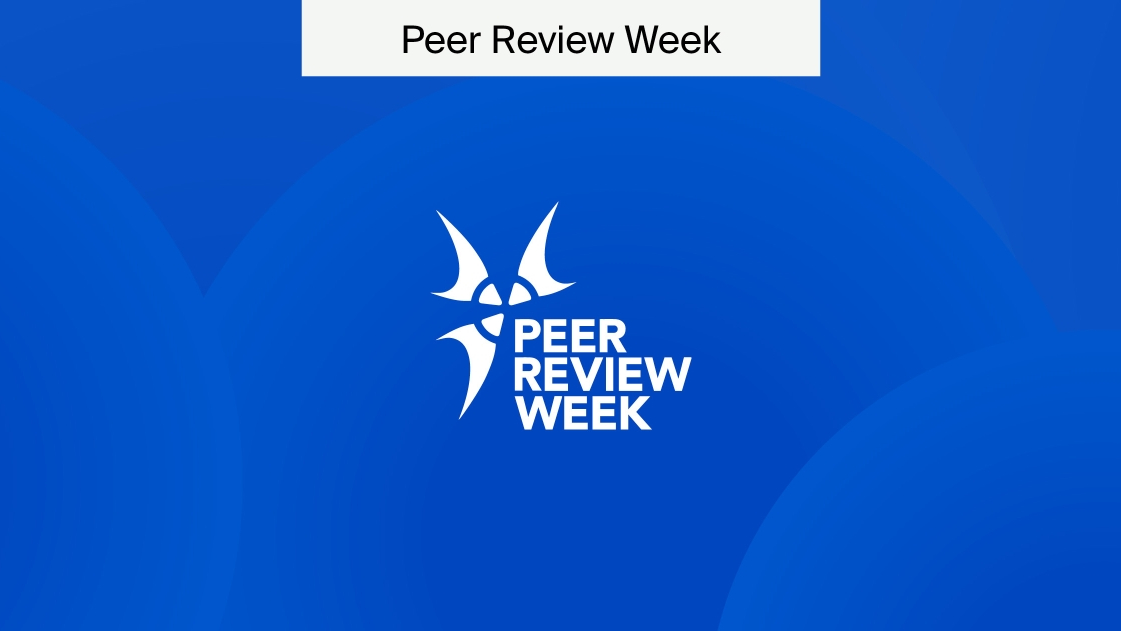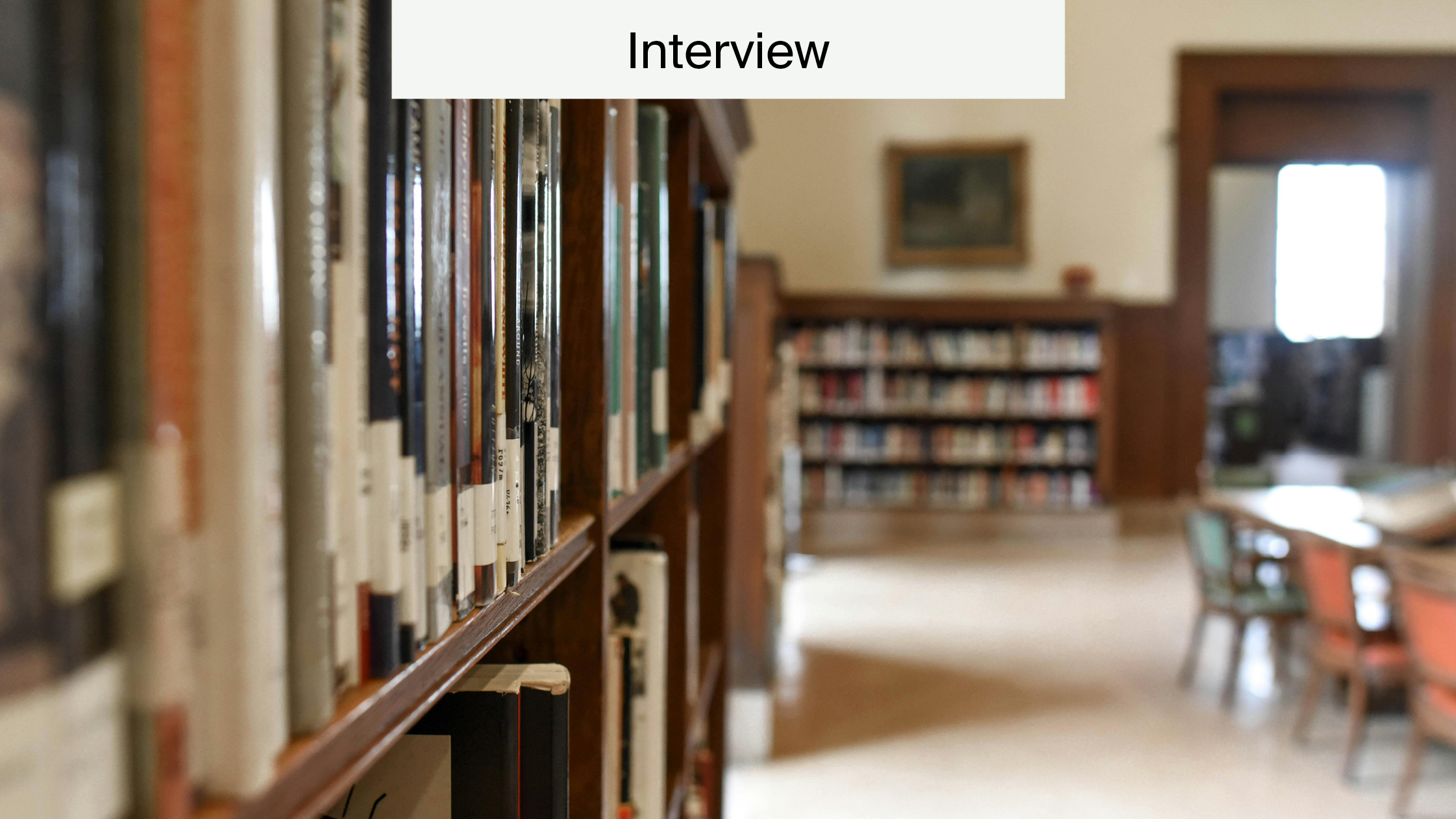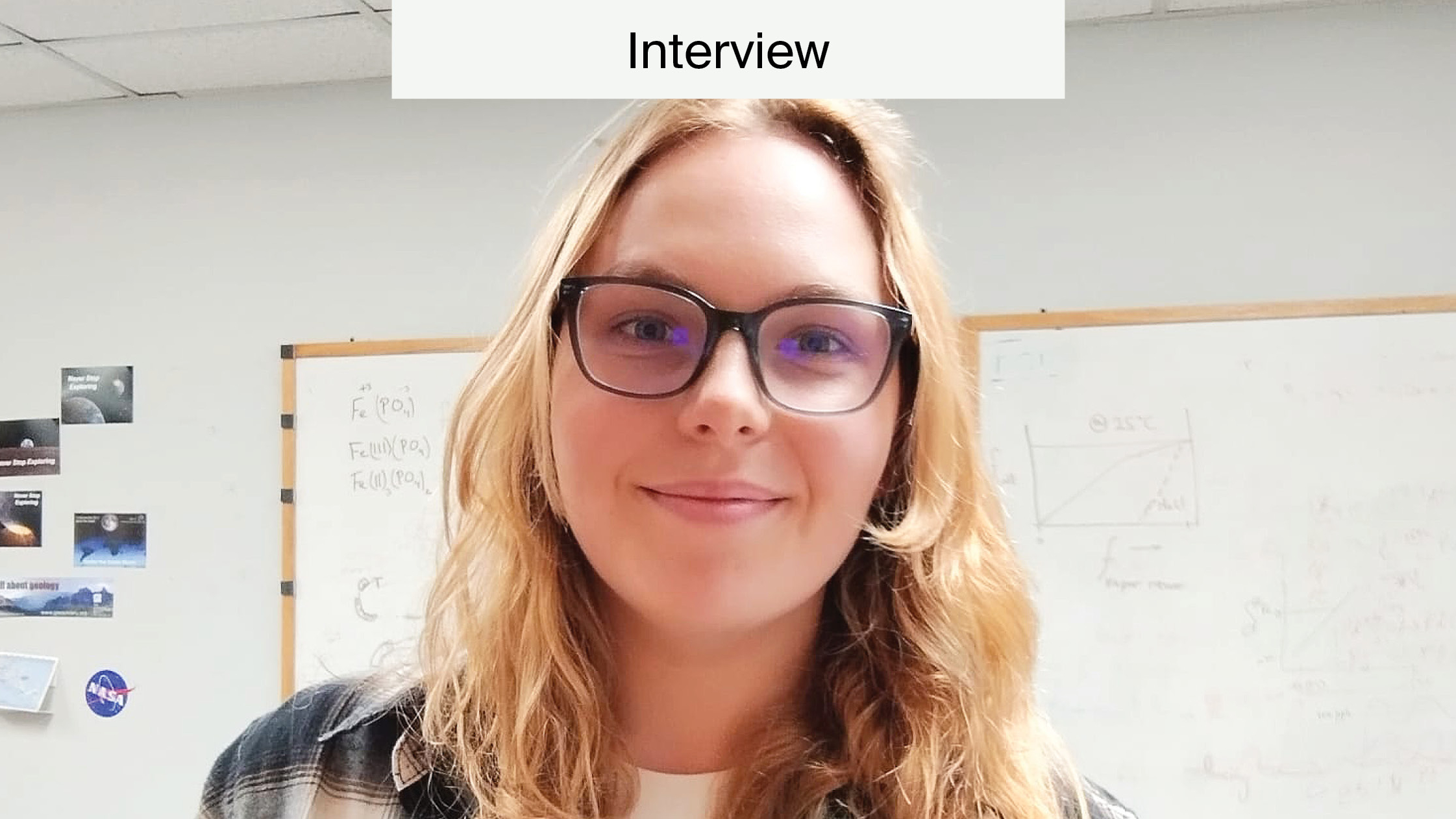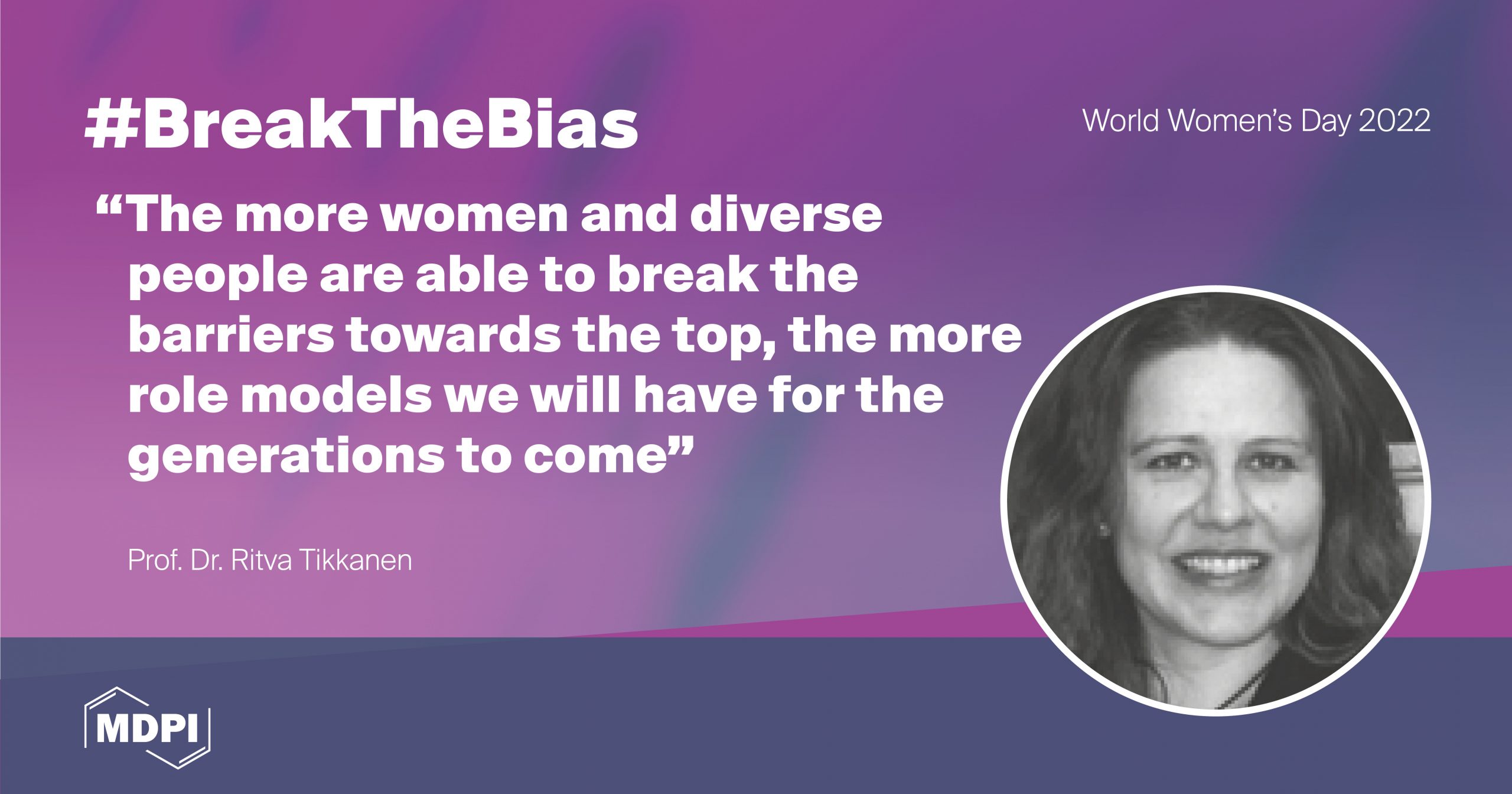
Women in Science—Interview with Prof. Dr. Ritva Tikkanen
To celebrate international women’s day, we have connected with Prof. Dr. Ritva Tikkanen from Justus-Liebig University of Giessen, Germany.
Interview with Prof. Dr. Ritva Tikkanen
We discussed what #BreakTheBias means to her, those who influenced her and her advice for aspiring female researchers.
The theme of this year’s International Women’s Day is #BreakTheBias. What does this mean to you?
For me as a female originating from a country with very low gender bias (Finland), this is a very important point, and we need to tackle this at all career levels. As a gender equality officer of our faculty’s preclinical institutes, I see that in Germany, we are still pretty far away from having perfect equality for all genders. The more women and diverse people are able to break the barriers toward the top, the more role models we will have for the generations to come. One day, it should be obvious that gender does not play any role when top positions are in question.
Outside of your family, who is the most influential woman in your life? How did they impact you?
I would especially like to mention my PhD supervisor, the late Professor Leena Peltonen-Palotie. She was the one who convinced me to take the path toward science. She was an unbelievably vibrant and amazing woman with a brilliant brain. You would always see her in her impeccable Chanel outfit and high heels, except when you came to the lab on a Sunday. Then, Leena was wearing plain jeans. She was showing us that even at the highest level of science, you can still be 100% woman and even a mother. Unfortunately, she passed away way too early, but she influenced and inspired the careers of many females working in her lab. Many of us are now professors and leaders, trying to be role models for our own students and coworkers.
Together with your colleague Dr. Antje Banning, you have developed a new potential therapy for hereditary diseases using herbal substances. That’s very exciting. How do you feel about that? What’s coming next?
You are referring to our publication showing that some plant-based substances such as luteolin can be used to correct splicing of mutated pre-mRNAs in genetic diseases. This was an extremely important discovery for us, and our university has now filed a patent for this. We are looking for ways in which we can use this for therapy of patients, since the substances can probably be used for numerous diseases that are due to specific kinds of splicing defects. But this was actually not the first therapy we developed. We specialize in personalized therapies for specific rare diseases.
For aspartylglucosaminuria (AGU), we have a clinical trial running in Finland involving another plant-based substance, betaine, and our data show that this therapy indeed seems to be effective. Other than that, we are involved in numerous projects aimed at developing therapies, such as gene therapy or enzyme replacement, for neglected rare diseases. Working on rare diseases and personally knowing many patients and their families is a big motivation boost for us. This way, the science that we do has a face, and you know that the clock is ticking for the patients, which motivates us to work even harder.
What message do you want to pass on to young women thinking about pursuing a career in scientific research?
In many countries, the situation with permanent positions in science, especially at universities, is very poor, so that it may take some luck to find a suitable position. The road to your goal will certainly be rough and full of obstacles, and there will be hard times that make you wonder why you ever chose to pursue a career in science. However, you should just follow your heart and ask yourself if this is really what you want. If the answer is yes, then just go for it! Look for other females who have made it to the top, look for female peers who may be able to help you, and find a mentor who will explain to you how things work.
If you could have dinner with three inspirational women, dead or alive, who would they be and why?
- Leena Peltonen-Palotie: I would like to tell her how important she was as a role model for us girls who were working in her group. I never had a chance to do so, due to her early death.
- Kamala Harris: She made it to the very top, despite various obstacles (gender, origin, etc.), and I hope she will even be able to take the final big step and become the next president of the USA.
- Tove Jansson (the Finnish mother of the Moomin characters): With such wonderful creativity and imagination, I think she would also have made a great scientist.
Thank you Prof. Dr. Ritva Tikkanen
We are grateful to Prof. Dr. Ritva Tikkanen for taking the time to answer our questions and for her vital work. If you want to read more interviews on the Blog, click here for more.


